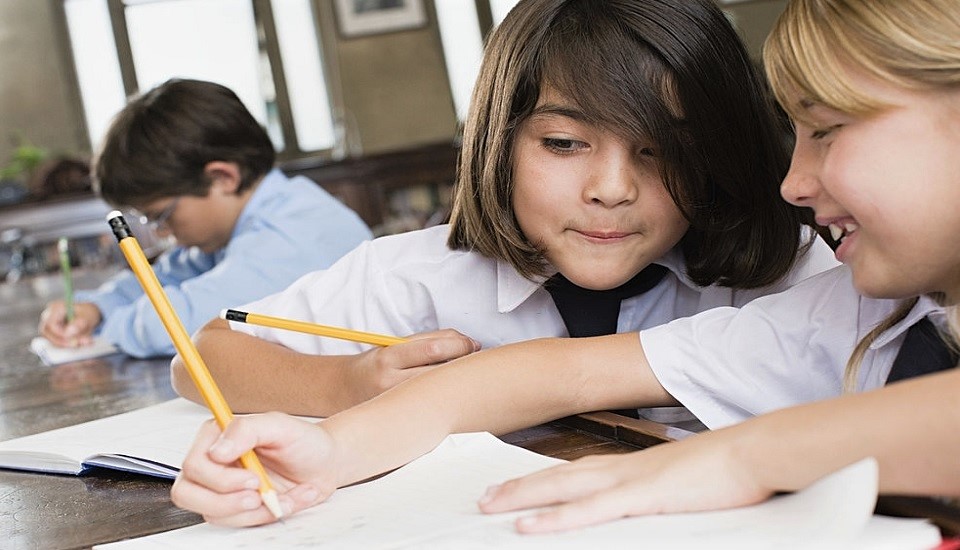Understanding The Social Challenges Faced By The LD Kids
9th September 2021

In general, kids with learning difficulties face challenges in reading or math, with being ordered, paying attention, staying focused in school and so on. However, did you know a lot of students with learning and attention challenges also have social problems?
These children have trouble relating with other children, making friends, understanding what’s anticipated of them in different social circumstances, etc. While some children with learning difficulties may talk too much or may talk at the wrong time, or say things that are inapt.
On the other hand, some are inflexible in conversation, have learning problems and difficulties in expressing themselves and so on. They also have issues in understanding what’s happening in a group and finding a way of fitting in.
Learning Difficulties
Generally, learning difficulties affect brain functioning in a way that disturbs one or more cognitive processes related to learning. It occurs due to various genetic and/or neuro-biological factors. The need is it is vital to understand that learning difficulties affect a child’s life beyond academics.
Learning difficulties should not be confused with learning problems which are chiefly the outcome of visual, hearing, or motor handicaps; of intellectual infirmity; of emotional disturbance; or environmental, cultural or economic drawbacks.
In the Individuals with Disabilities Education Act (IDEA), the term is “specific learning disability,” one of 13 categories of disability under that law ---
“Learning Disabilities” is an “umbrella” term describing several other, more specific learning disabilities, such as dyslexia and dysgraphia. Find the signs and symptoms of each, plus strategies to help below.
Kinds of Learning Difficulties
- Dyscalculia
- Dysgraphia
- Dyslexia
- Non-verbal learning difficulties
- Oral/Written language special need and specific reading comprehension deficit
ADHD, Dyspraxia, Executive Functioning, etc. are the related special needs to it.
Let's learn how to be more sensible while speaking to individuals with learning difficulties!
Understanding The Social Challenges
Unfortunately, sometimes young children with social ineptness are misdiagnosed with autism as these behaviours are one factor of an autism analysis. Nevertheless, it’s important to distinguish that these behaviours happen with a lot of children who aren’t on the spectrum, also.
So, what causes these social difficulties?
Cognitive processing impacts the aptitude to socialize. Generally, for most individuals, this process is instinctive and automatic in social circumstances. However, for children with LDs, it is not. This makes them seem “sluggish” or “weird” to other kids.
Organization issues also affect the children with social ineffectiveness. They do understand the information but they have trouble organizing it and assigning urgency to it. Thus, most of the time, these poor children appear bad-mannered, negligent, or impulsive to their peers.
Language retrieval problems too, affect the children with social ineptitude. Some kids (majorly affected by dyslexia) may have outstanding social skills, but they can’t always discover the correct words required to apply them. Kids may use the wrong words to express perceptions or be slow to respond to peers. Lack of confidence is yet another big factor. However, this issue is indirectly connected to learning and attention difficulties.
Unfortunately, several children with learning difficulties are not properly identified until later in their development. Therefore, skilled special education teachers with special child teaching course need to try harder and pay more attention. It is necessary to make these kids feel that their difficulties are not their fault.
Nevertheless, above all else - patience is key. Additionally, non-judgmental communication must be continued. As Thomas A. Edison stated –
Our greatest weakness lies in giving up. The most certain way to succeed is always to try just one more time!
Written By: Sheetal Sharma